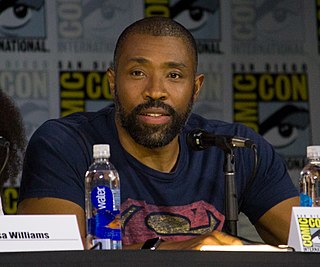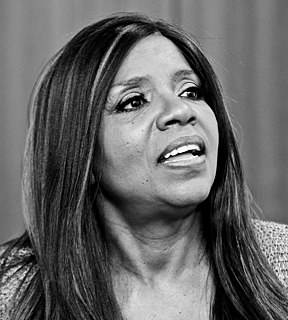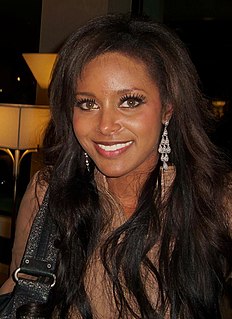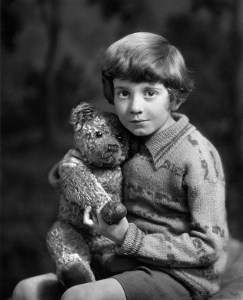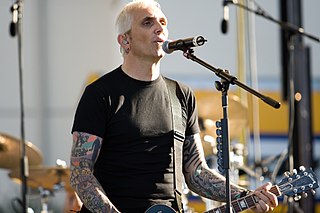A Quote by Cress Williams
I grew up mainly with my mother, and I would see my father from time to time. But I didn't have a constant male figure.
Related Quotes
My mother is Afro-Caribbean and my father is Caucasian-American, and I was born in Pennsylvania and moved to the Cayman Islands when I was about 2. So I grew up there with my mother, and it's really all I know. I grew up there until it was time to go to college, and that's when I moved back to America.
I mean, I've always felt like a lot of people's misconceptions of me have to do with how I grew up. I grew up poor, and I grew up rich. I think some people who have never met me have a misconception that when I was living with my father when he was successful, that I was somehow adversely affected by his success or the money he had and was making at the time.
I read a lot, very passionately, from the time I was very young, but it was a constant battle; my mother would more or less let me be, but with my father, I was always searching for a place where he wouldn't find me. Whenever he saw me reading, he would tell me to put the book down and go outside, act like a normal person.
